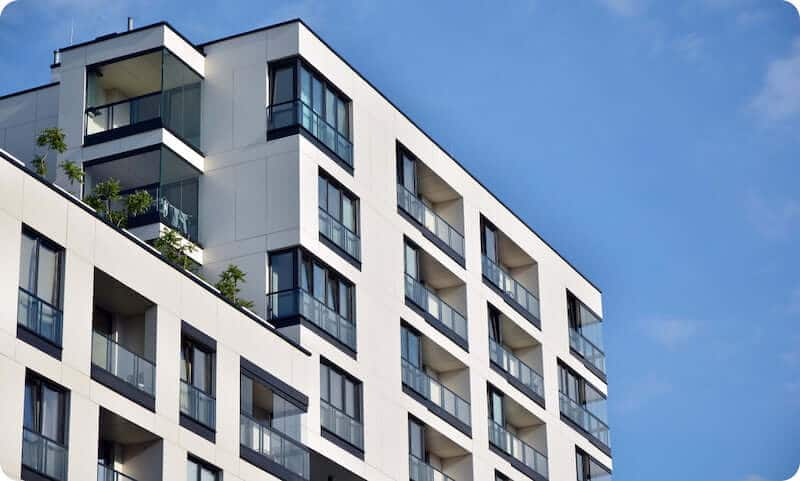Investigating the Effect of Ethernet Protocols on Enhancing Internet Access in Multi-Dwelling Residences
Ethernet standards play a vital function in improving internet connectivity, particularly in multi-dwelling buildings (MDUs) like apartment complexes and condo complexes. These standards outline how data is transmitted over networks, guaranteeing that devices can communicate effectively. As an increasing number of individuals rely on the web for work, education, and leisure, having a reliable and high-speed connection in MDUs has grown increasingly essential. By comprehending networking standards, building managers and tenants can make informed choices about their web services, resulting to better access for everyone.One of the key Ethernet standards is IEEE 802.3, which outlines the specifications for cabled Ethernet connections. This standard has evolved over the decades, introducing faster rates and improved performance. For instance, the initial Ethernet standard provided rates of 10 Mbps per second, while more recent iterations, such as Gigabit Ethernet, can provide speeds of up to 1,000 megabits per second. In MDUs, where numerous residents share the same web link, having a high-speed Ethernet network can greatly enhance the total user experience. Faster rates mean faster file transfers, smoother broadcasting, and more reliable video calls, which are crucial for off-site employment and online learning.
Another significant feature of Ethernet standards is the use of organized wiring infrastructures. These systems arrange and coordinate the network wires that link equipment within a building. By following the guidelines set by Ethernet standards, MDUs can guarantee that their cabling is effective and efficient. This structure assists reduce interference interference and enhances data transmission quality. Additionally, organized wiring enables for simpler upgrades and servicing, allowing it easier for property administrators to adapt to changing tech needs. As internet utilization persists to grow, having a well-structured wiring infrastructure becomes crucial for maintaining top-notch access.
Electricity over Ethernet (PoE) is another important advancement in Ethernet tech that benefits MDUs. PoE enables network cables to transmit power electricity along with information, removing the requirement for individual electric supplies for equipment like security cameras, Wi-Fi access nodes, and VoIP devices. This feature simplifies setup and minimizes disorder, allowing it simpler to establish a comprehensive system in multi-unit buildings. By leveraging PoE, building managers can enhance security and boost web connectivity throughout the building without the added cost of additional electrical work.

In summary, Ethernet protocols have a significant effect on internet connectivity in multi-unit buildings. By providing faster speeds, organized wiring, and advanced features like Power over Ethernet, these standards assist create a reliable and effective system for residents. As tech continues to advance, click this over here now remaining informed about Ethernet standards will be crucial for property administrators and tenants alike. By putting resources in the right infrastructure, MDUs can guarantee that all residents enjoy a smooth web experience, rendering their homes more connected and convenient.